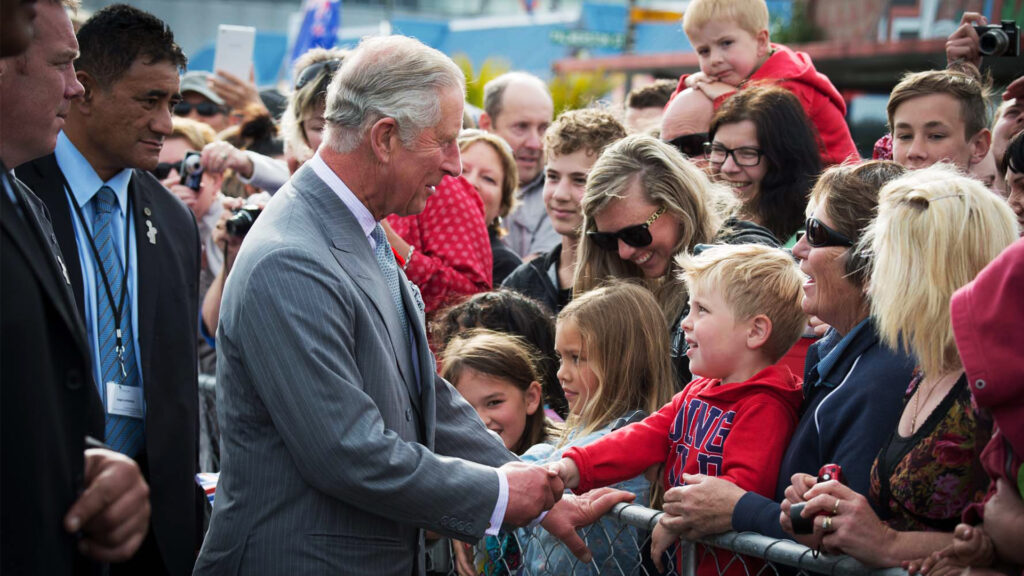After losing his military affiliations and royal patronages as a result of the civil sexual assault lawsuit against him, the Duke of York is being pressured to pay for his own protection and renounce his dukedom. Prince Andrew’s protection has now become an issue, which is why he needs private security.
Due to his recent scandals, Buckingham Palace is trying to find discreet and acceptable solutions.
Armed Protection Police
Prince Andrew was entitled to a taxpayer-funded security detail of armed police officers who accompanied him on all travels outside of Windsor, Berkshire. Prince Andrew’s function as a royal ambassador, which included close collaboration with the police, is no longer active. As a result, he doesn’t need armed security professionals anymore.
It has been claimed that the annual cost to the public of protecting Andrew might be up to GBP2 million.
The statement from Buckingham Palace doesn’t indicate that the duke has been revoked of his HRH title. Still, it mentions that he will no longer use the title His Royal Highness in any official capacity.

The Accusations That Started It
Virginia Giuffre (38) claims she was forced into intercourse with the duke when she was 17 by his associates, including the late sex criminal and financier Jeffrey Epstein and Ghislaine Maxwell, the daughter of a British media mogul convicted last month in New York of sex-trafficking girls for Epstein. The duke denies the accusations made against him.
In January 2020, the US prosecutor Geoffrey Berman issued a public statement claiming Andrew has shown “zero assistance” with the investigation.
After Berman claimed that Andrew had “totally closed the door” on assisting with the US inquiry, the prince’s attorneys argue that he has repeatedly volunteered to participate and accuse US prosecutors of deceiving the public and breaking confidentially.
Cressida Dick, the Metropolitan commissioner, stated in August that “no one is above the law” and that she had requested her team to review the evidence again.
Finally, in 2022, after more than 150 military veterans wrote to express their “upset and fury,” Queen Elizabeth II stripped her son of a range of military associations and royal patronages.
In the UK, the decisions concerning which individuals who are provided with armed Police close protection is governed by the Royal and VIP Executive Committee commonly referred to as RAVEC. RAVEC take decisions accordingly on levels of protection for individuals and their residences; review the framework and decisions taken under it regularly. Some individuals are provided protection based purely on their role, such as the Prime Minister and certain members of the Royal Family. Others are allocated protection based on an intelligence-based risk assessment. In the cases of Prince Andrew and Harry, they are no longer conducting Royal duties and the decision has been made that as such they should not be allocated protection at taxpayers costs. They could of course hire private security to protect them and their residences. However, any private protection they acquire would be unarmed. Contrary to recent reports in the UK media, they would not be allowed to be armed with tasers or any other weapons. Tasers are controlled un the Firearms Act legislation in the UK and are described as a prohibited item. It is illegal for anyone other than a police officer to be armed with a taser.
– Philip Grindell, Founder & CEO, Defuse
The Question of Security
When the Duke and Duchess of Sussex lost their functions in the royal family, the issue of taxpayer-funded security for non-working royals was addressed for the first time. When Harry and Meghan announced their choice early last year, their website suggested that the Home Office, via the Metropolitan Police, continue to guard the couple and their son Archie.
Later, the Sussexes landed multimillion-pound partnerships with Netflix and Spotify, with the duke informing Oprah Winfrey that he had arranged for them to pay for his security.
It is unknown whether the King is secretly helping Andrew with his rising legal fees. Prince Andrew gets an income from the King’s Duchy of Lancaster inheritance, plus he may profit from personal investments and endowments from family members. He also receives a naval pension.
As far as we know, private security guards are replacing Prince Andrew’s armed protection police, who are only permitted to use tasers.





